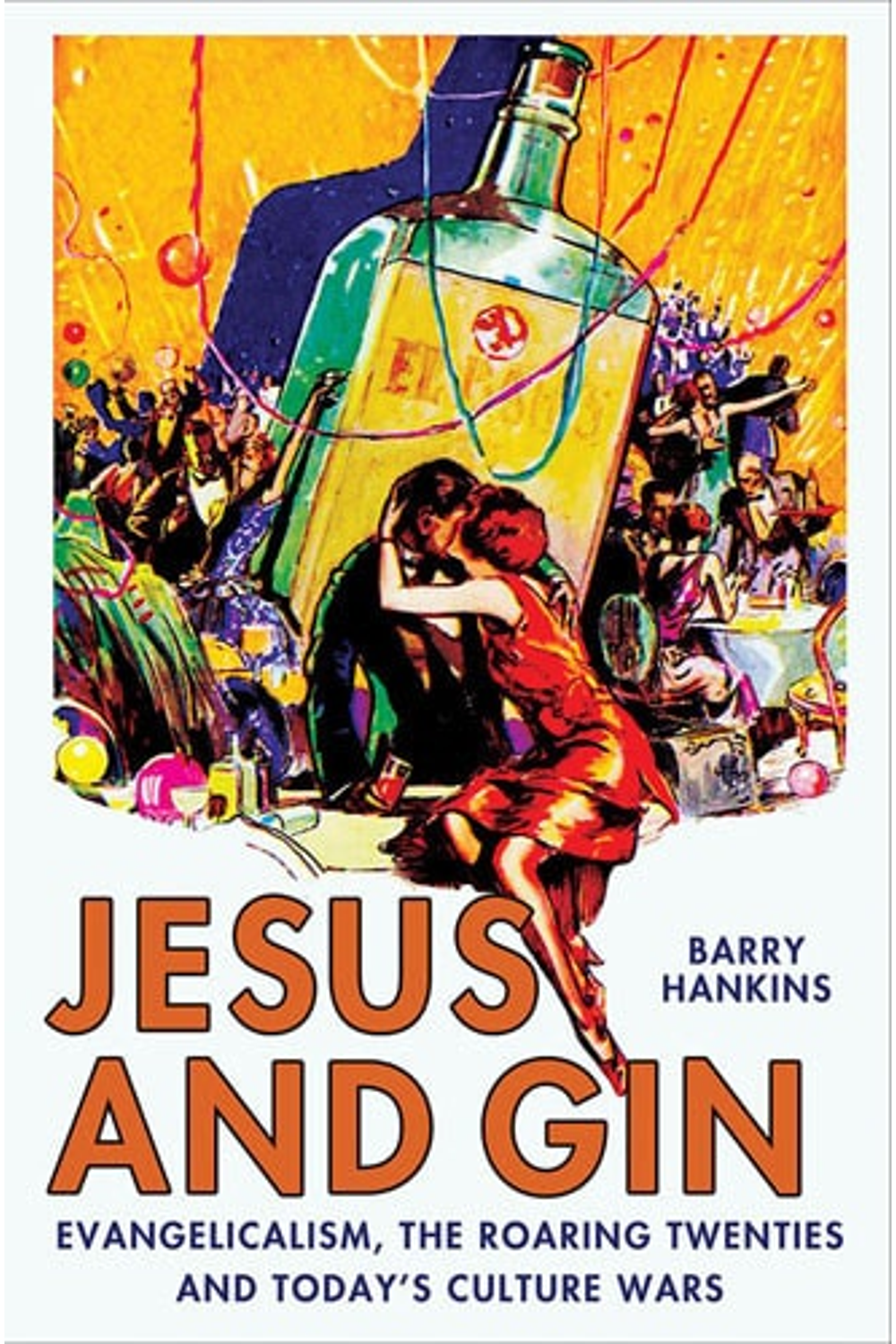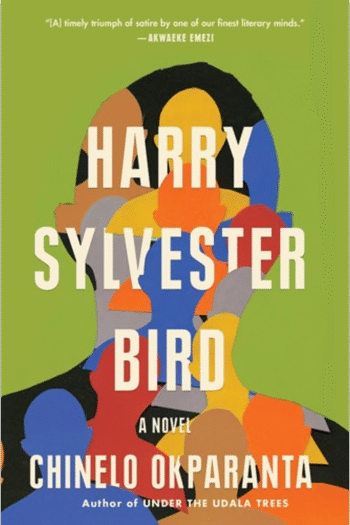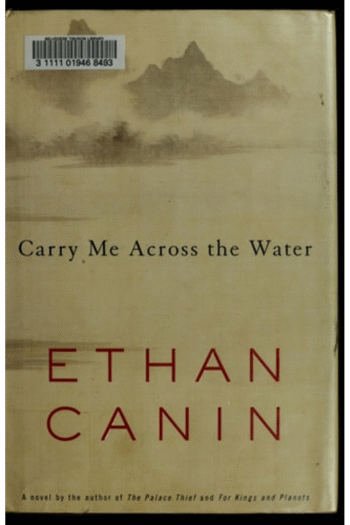“Jesus and Gin: Evangelicalism, the Roaring Twenties and Today’s Culture Wars” by Barry Hankins, examines the surprising parallels between the roaring twenties and modern American culture wars. Discover how the temperance movement, a powerful force driven by evangelical preachers, shaped the social and political landscape of the Jazz Age. Hankins, a noted scholar of American religious history, introduces readers to influential figures of the era, including scandalous preachers and politicians who bowed to the power of the pulpit. Published by St. Martin’s Press, this compelling hardcover explores the clash between fundamentalists and liberals and sheds light on the roots of contemporary ideological battles. Uncover the scandals and religious fervor that defined the 1920s and draw connections to the present day. Perfect for readers interested in American religious history and the ongoing struggle for the soul of America.
Jesus and Gin: Evangelicalism, the Roaring Twenties and Today’s Culture Wars
22,82 $
In stock
Jesus and Gin is a rollicking tour of the roaring twenties and the barn- burning preachers who led the temperance movement?the anti-abortion crusade of the Jazz Age. Along the way, we meet a host of colorful characters: a Baptist minister who commits adultery in the White House; media star preachers caught in massive scandals; a presidential election hinging on a religious issue; and fundamentalists and liberals slugging it out in the culture war of the day. The religious roar of that decade was a prologue to the last three decades. With the religious right in disarray today after its long ascendancy, Jesus and Gin is a timely look at a parallel age when preachers held sway and politicians answered to the pulpit.
| Authors | |
|---|---|
| Binding | |
| Condition | |
| ISBN-10 | 0230614191 |
| ISBN-13 | 9780230614192 |
| Language | |
| Pages | 256 |
| Publisher | |
| Year published | |
| Weight | 425 |
| Edition | 1 |
Related products
-
Spirit Horses
13,50 $ -
Harry Sylvester Bird: A Novel
33,05 $ -
Carry Me Across the Water
15,85 $
- Additional information
- Currencies
- USD – United States dollar
- EUR – Euro
- GBP – Pound sterling
- CNY – Chinese yuan
- BRL – Brazilian real
- MXN – Mexican peso
- JPY – Japanese yen
- PHP – Philippine peso
- THB – Thai baht
- PLN – Polish złoty
- CAD – Canadian dollar
- MYR – Malaysian ringgit
- AUD – Australian dollar
- TWD – New Taiwan dollar
- CZK – Czech koruna
- SEK – Swedish krona
- HUF – Hungarian forint
- ILS – Israeli new shekel
- CHF – Swiss franc
- HKD – Hong Kong dollar
- DKK – Danish krone
- SGD – Singapore dollar
- NOK – Norwegian krone
- NZD – New Zealand dollar




![Double Cross (Alex Cross) [Paperback] Patterson, J.](https://www.ubucuu.com/wp-content/uploads/9780755381234-3-350x525.png)
